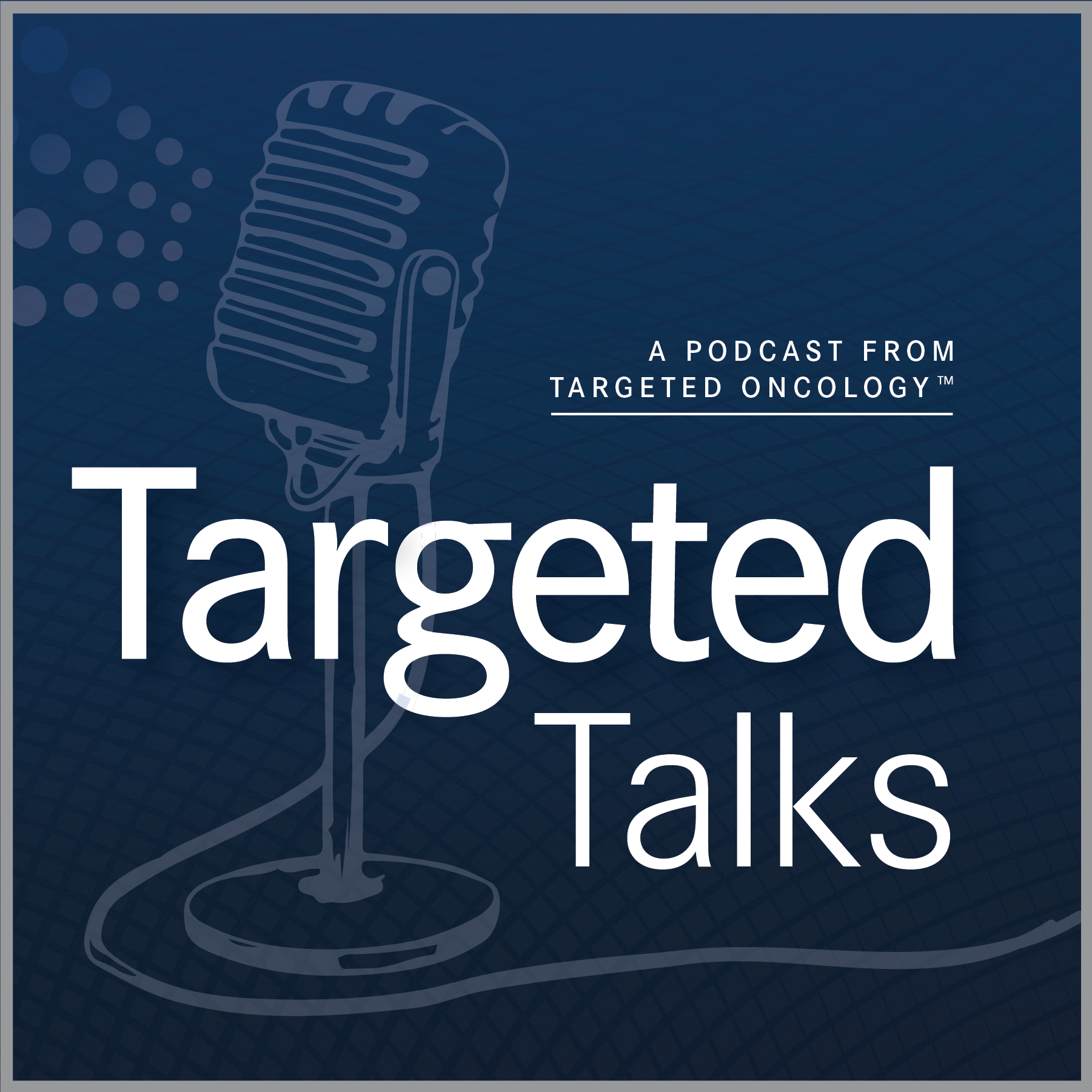Breast Cancer Leans into the Decade of Antibody-Drug Conjugates, Experts Discuss
In season 1, episode 3 of Targeted Talks, the importance of precision medicine in breast cancer, and how that vitally differs in community oncology compared with academic settings, is the topic of discussion.

In season 1, episode 3 of Targeted Talks, the importance of precision medicine in breast cancer, and how that vitally differs in community oncology compared with academic settings, is the topic of discussion. Stephanie L. Graff, MD, director of the Breast Program at the Sarah Cannon Cancer Institute HCA Midwest Health and associate director of the Breast Cancer Research Program at Sarah Cannon Research Institute in Nashville, Tennessee, leads the discussion with Gabriel N. Hortobagyi, MD, FACP, professor of medicine, Department of Breast Medical Oncology, Division of Cancer Medicine, The University of Texas MD Anderson Cancer Center, in Houston. The experts concluded from their conversation that the future of precision medicine in breast cancer currently lies with antibody-drug conjugates.
The conversation begins with both doctors explaining the history and the current state of precision medicine in breast cancer as well as the need for targeted therapies in this space to continue the growth of precision medicine. Graff and Hortobagyi also cover the role of genomic testing in aiding in the process of giving individualized care to patients with breast cancer. Ongoing research around targeted therapies in the space was a significant part of the genomic testing conversation, as is the unanswered questions around how to perform testing on these patients in both the community and in academic settings.
The in-depth part of the talk focuses on the novel targeted therapies that are being explored in clinical trials or are newly available in the clinical setting. The doctors specifically touch upon kinase inhibitor research and its use in practice, including drugs like lapatinib (Tykerb), neratinib (Nerlynx), tucatinib (Tukysa), and alpelisib (Piqray), as well as antibody-drug conjugates like ado-trastuzumab emtansine (T-DM1; Kadcyla), sacituzumab govitecan-hziy (Trodely), and trastuzumab deruxtecan (Enhertu). Targeted therapy combinations are also mentioned.
Batalini Explores Role of UGT1A1 in Patients Treated With Sacituzumab Govitecan for HR+ MBC
April 22nd 2024During a Community Case Forum live event in partnership with The Arizona Clinical Oncology Society, Felipe Batalini, MD, discussed the TROPiCS-02 trial of sacituzumab govitecan and the impact of the UGT1A1 status on adverse event frequency.
Read More
Survival and Safety Outcomes Factor into Use of Sacituzumab Govitecan in HR+ Breast Cancer
March 29th 2024During a Case-Based Roundtable® event, Mark Pegram, MD, discussed the TROPiCS-02 trial of sacituzumab govitecan in hormone receptor–positive breast cancer in the first article of a 2-part series.
Read More